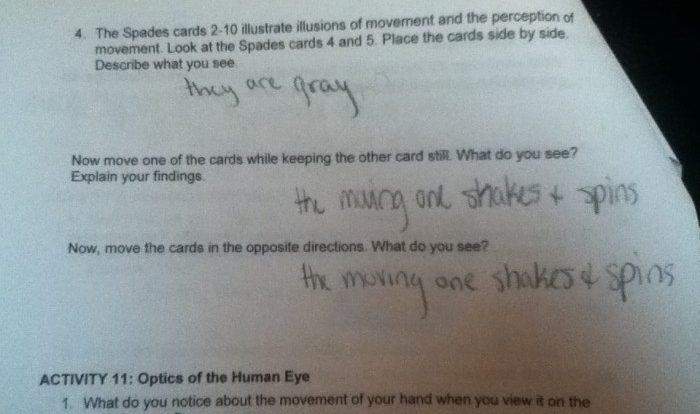Introducing the Ancient Rome Vocabulary Review Crossword, an innovative tool that combines the intrigue of crossword puzzles with the educational value of vocabulary acquisition. This engaging activity immerses learners in the fascinating world of ancient Rome while solidifying their understanding of key terms.
Through a comprehensive list of vocabulary terms, the crossword puzzle provides a thorough exploration of ancient Roman history, culture, and society. By deciphering the clues and filling in the blanks, learners actively engage with the material, enhancing their comprehension and retention.
Ancient Rome Vocabulary Review Crossword
Vocabulary plays a crucial role in understanding ancient Rome, its history, culture, and civilization. A comprehensive vocabulary is essential for deciphering historical texts, comprehending archaeological discoveries, and appreciating the nuances of Roman literature and art.
To facilitate effective vocabulary review, we present a comprehensive list of key terms related to ancient Rome, along with their origins and meanings:
Ancient Rome Vocabulary
- Aqueduct: A channel for conveying water over long distances.
- Basilica: A large public building used for legal and commercial purposes.
- Caesar: A title given to Roman emperors.
- Colosseum: A large amphitheater used for gladiatorial contests and public spectacles.
- Consul: A high-ranking official in the Roman Republic.
- Denarius: A Roman silver coin.
- Forum: A public square in ancient Rome.
- Gladiator: A professional fighter who fought in the arena.
- Legion: A large unit of the Roman army.
- Patrician: A member of the upper class in ancient Rome.
- Plebeian: A member of the lower class in ancient Rome.
- Praetor: A Roman magistrate with judicial and military authority.
- Senate: A council of elders that advised the Roman government.
- Thermae: A public bathhouse in ancient Rome.
- Tribune: A Roman official who represented the interests of the people.
Crossword Puzzle Structure
A crossword puzzle is a word game that consists of a grid of black and white squares. The goal of the puzzle is to fill in the white squares with letters to form words that satisfy the clues provided.
Crossword puzzles typically have two sets of clues: across and down. Across clues are read horizontally, while down clues are read vertically. Each clue provides a definition or hint for the corresponding word.
Crossword puzzles can be a valuable tool for vocabulary review because they require solvers to think critically about word meanings and relationships.
Designing the Crossword Puzzle
To create an effective crossword puzzle, it is important to select appropriate vocabulary terms that are relevant to the topic being studied. The clues should be clear and concise, but also challenging enough to require some thought.
The grid should be designed in a way that allows for a variety of word lengths and patterns. It is also important to ensure that the puzzle is solvable without too much guesswork.
Review and Analysis, Ancient rome vocabulary review crossword
Crossword puzzles can be an effective tool for vocabulary review, but they are not without their limitations. One potential drawback is that crossword puzzles can be time-consuming to complete.
However, the benefits of crossword puzzles often outweigh the drawbacks. Crossword puzzles can help to improve vocabulary, critical thinking skills, and problem-solving abilities.
Key Questions Answered: Ancient Rome Vocabulary Review Crossword
What are the benefits of using a crossword puzzle for vocabulary review?
Crossword puzzles provide a fun and interactive way to engage learners, enhance their problem-solving skills, and reinforce vocabulary retention.
How do I create an effective crossword puzzle for vocabulary review?
Start by selecting appropriate vocabulary terms and designing a grid that is challenging but not overly complex. Provide clear clues that encourage learners to think critically and apply their knowledge.
How can I assess the effectiveness of my crossword puzzle?
Monitor learners’ progress, observe their engagement levels, and solicit feedback to evaluate the effectiveness of the puzzle and identify areas for improvement.


